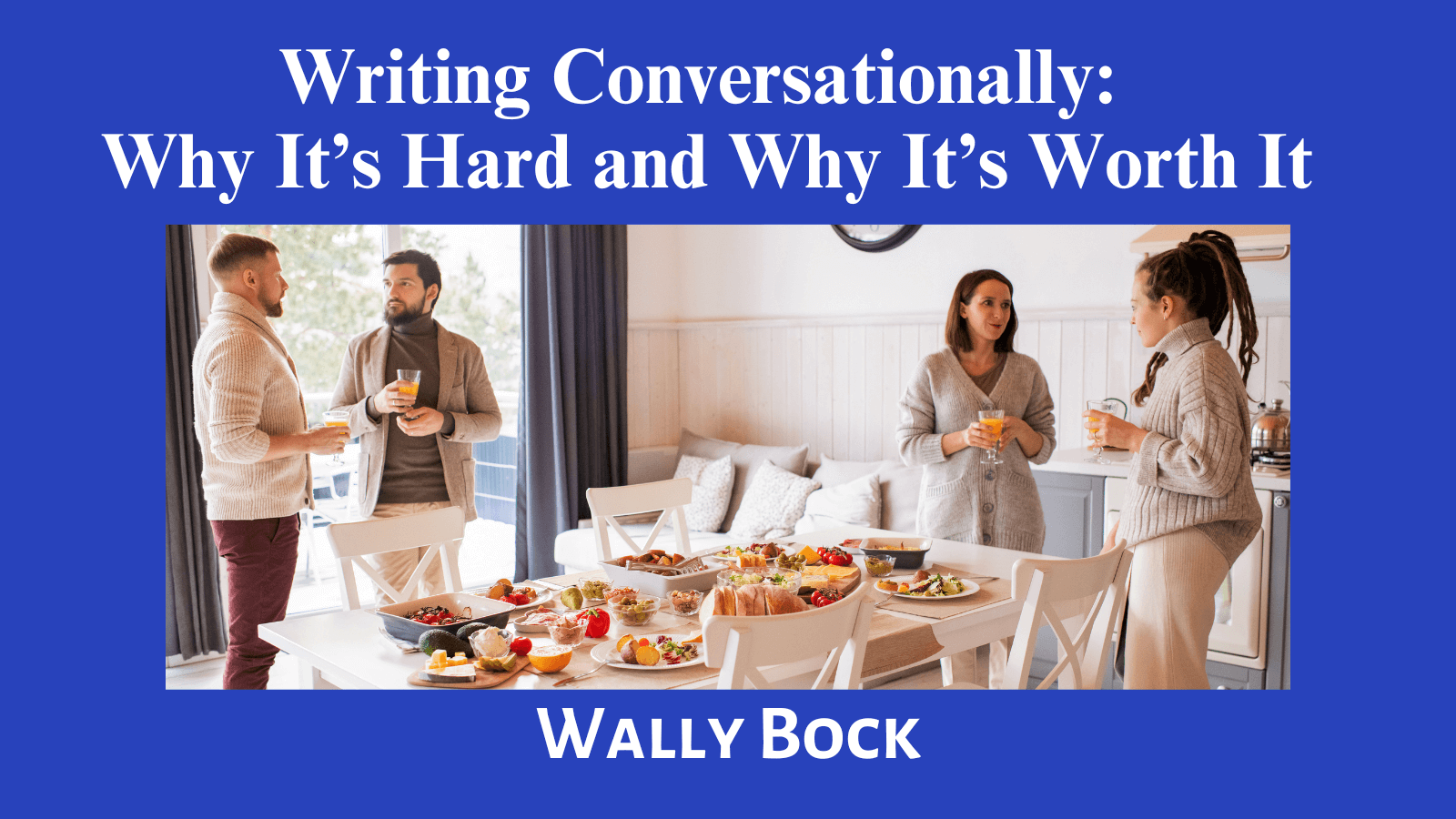For many years, I made a good portion of my income by giving speeches. Fifty or more times a year, I d hit the road to speak to an audience I’d never spoken to before. One challenge was learning enough about the industry to understand the driving forces and critical challenges.
You couldn’t get that basic understanding from trade publications. You had to find someone who could explain things to you. I called those people my kitchen table experts. They were the ones who could describe things simply enough that even I could understand them.
Those people were rare indeed. Most people who are experts in their field suffer from what Chip and Dan Heath called the curse of knowledge in their excellent book Made to Stick. Experts can’t remember what it was like not to know the things they know, and so they offer complex explanations muddled with jargon.
Kitchen table experts were different. I came up with that name after experiencing the first one at his kitchen table. The man was a well-respected expert in his industry, but his language was simple.
He leaned across the table and held up three fingers. If you want to understand this business, he said, you need to know three things . Then he ticked them off on his fingers as he explained them to me. The entire process took less than 5 minutes.
When you write a book, you need to be a kitchen table expert. You need to be able to explain things you understand deeply in straightforward language.
The goal is to write like you talk, only better.
Write like you’re talking to a friend. One of my clients imagined she was sitting on her sun porch with a glass of wine talking to her next-door neighbor. Another told me that whenever he got stuck about how to explain something, he imagined himself at a backyard get-together with a beer in his hand talking to a good friend.
When you talk, things get pretty messy. You insert filler words and sounds. My bad habit is repeating the first word of a thought three or four times before going on to the rest of the sentence.
You want to write the way you wish you talked. You want to write the way a character playing you in a movie would talk.
Simple writing is part of excellent writing.
Great nonfiction writers write simple, understandable prose. They write like they tell it to a friend, but without oral glitches and fits and starts. That’s hard to do.
Simple writing is hard for us because we learned something different.
Most of us did our early writing in school, and school taught us to write academically. Most of us learned that complex writing was better than simple writing. We learned that intelligent people wrote in complex ways. Never mind, that wasn’t true; it’s what we learned.
We developed a mental model about good writing that’s different from the way we talk. Time for advice from Elmore Leonard. If it sounds like writing, I rewrite it.
How to make your writing sound like talking.
You might think you can write like you talk by dictating your work. That may help, but it’s usually not the whole answer. The habits we’ve developed are too strong.
Most of us must convert our sounds like writing into the way I tell it to a friend when we edit. Reading your work out loud can help. Using software that computes your reading level can help. Letting your writing rest for a few days before editing it can help.
Learning to write the way you talk to a friend isn’t easy or quick. But it is one of the things you can master so you can do your very best work.
